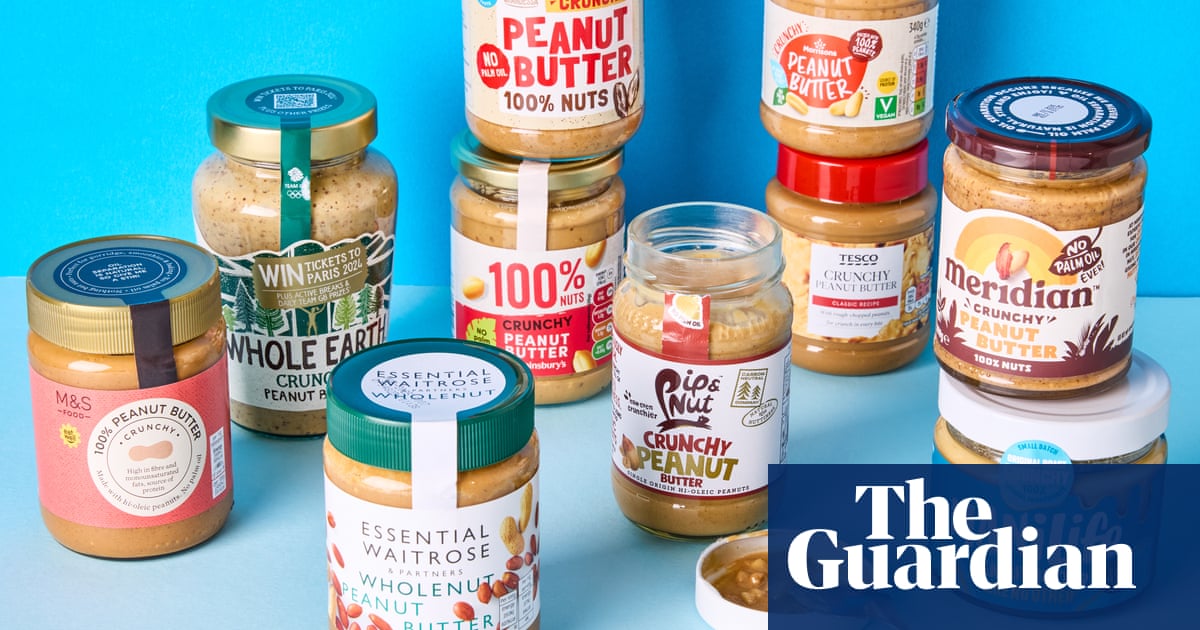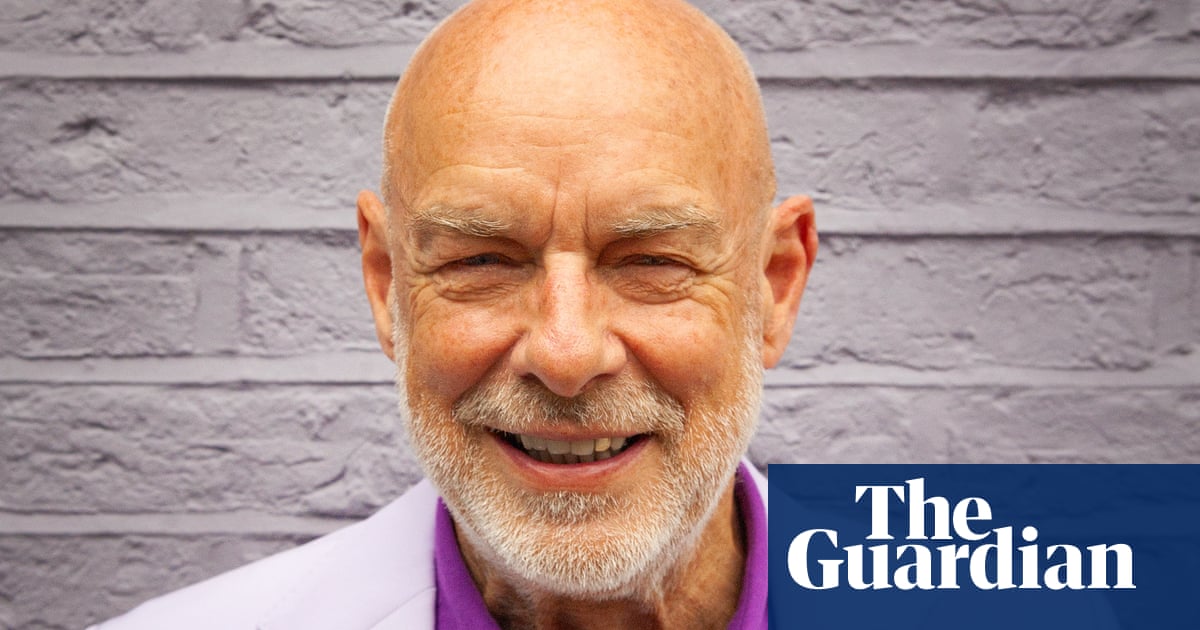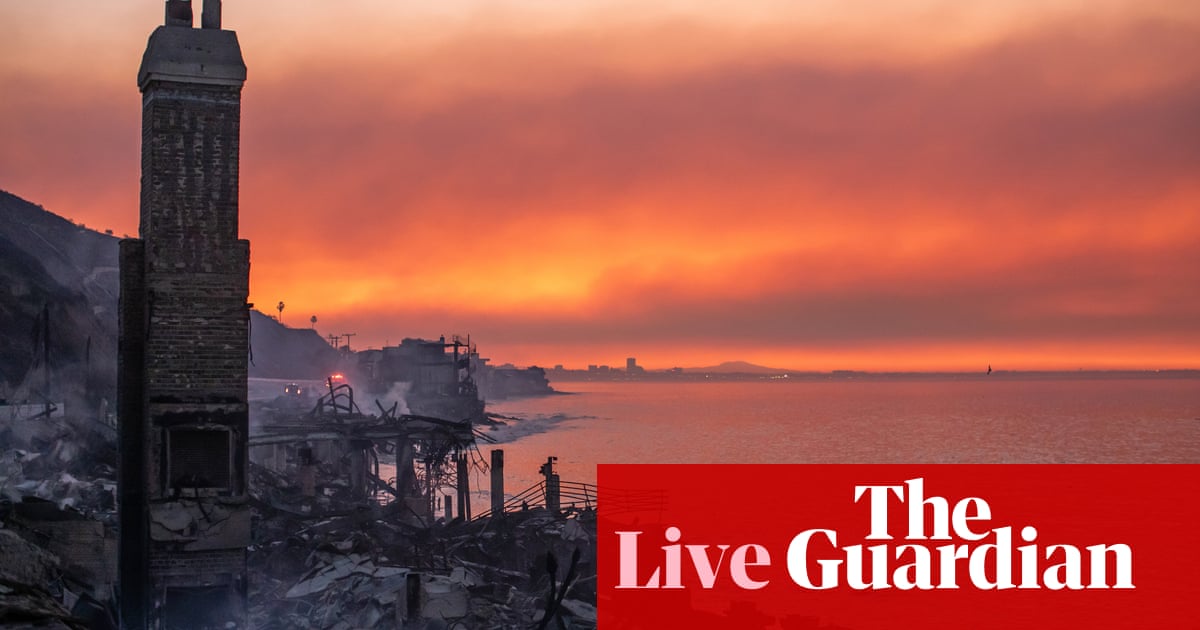Arguably, no country in Asia has better reason to be in a state of anxiety over the return of Donald Trump to the White House than Japan, since the US has been the linchpin of Japanese foreign and security policy since the second world war.
Back in 2017, well before he became prime minister, Shigeru Ishiba described Trump’s method as one of “placing his counterpart in a state of anxiety and tension, creating psychological instability and then initiating a deal”.
Japan operates in a tough neighbourhood, alongside three increasingly hostile nuclear powers in Russia, China and North Korea. In recent months it has been involved in several confrontations with China in disputed waters in the East China Sea.
Now, a new explosive ingredient has been injected into the already volatile mix – Trump’s America First agenda.
Japan is about to discover whether its most prized diplomatic asset – its closeness to the US – brings a privileged status as the indispensable ally to the China hawks in the Trump administration, or instead finds itself shunned, its industries facing the cold winds of a US-launched trade war and its security exposed to the caprice of a man prepared to initiate often alarming deals with autocrats.
“It is no exaggeration to say that the relationship Japan’s diplomats can forge with the Trump administration will be critical to Japan’s future, but also America’s efforts to compete with China,” said Prof Ken Endo, chair of international politics at the University of Tokyo.
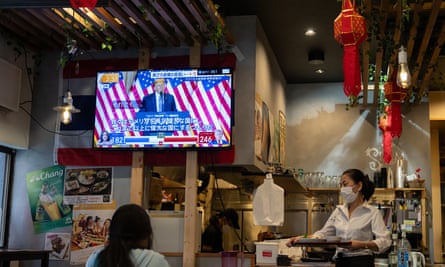
This all places a personal onus on Ishiba, who knows he has a tough act to follow in Shinzo Abe, the prime minister during the last Trump presidency who was assassinated while delivering a campaign speech in 2022.
In 2016, Abe was famously first through the president-elect’s door in New York bearing the gift of a $4,000 golden golf club. Through dint of his superior foreign policy expertise, personal charm, golf swing and a willingness to buy US arms, Abe managed to embed Japan as one of Trump’s best allies, in the process turning his concept of a free and open Indo-Pacific into something Trump could embrace.
Gradually coaxing Japan away from its postwar pacifist tendencies, Abe was seen as the textbook example of how to manage Trump, even if Abe was far from getting all his own way on free trade.
Unfortunately, unlike Yoon Suk Yeol, the (impeached) South Korean president who has dusted down his old golf clubs to refresh his game, Ishiba has not played golf for four decades, and is seen as a bookish idealist short on small talk. A self-confessed defence geek, his hobby is to build plastic models of warplanes and ships.
His first phone call with Trump lasted a relatively brief five minutes, and Trump, citing legal constraints, has found no time in his schedule to meet Ishiba before his inauguration.
Worse, Ishiba’s Liberal Democratic party has recently lost its parliamentary majority for only the third time since 1955. In an ill-fated gamble on a snap election, voters punished his party over squeezed living standards and a poorly handled party funding scandal. On the dramatic day MPs on a second ballot re-elected Ishiba as prime minister, he managed to fall asleep in the parliament, an event that has been watched millions of times on YouTube. Medicine for a cold was blamed. Many analysts say either he or his minority coalition government will not survive upper house elections next summer.
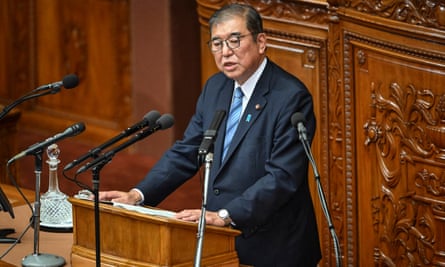
Ishiba’s special adviser Akihisa Nagashima is already in Washington trying to gauge the Trump team’s mood. He may have some difficult statistics to explain.
Japan had a glaring and growing trade surplus with the US of $66.3bn (£52.3bn) last year. Since Trump was last in power, Japanese exports to the US have risen by more than 40%. In 2023 alone, Japan exported 1.5m vehicles to the US with an export value of 4tn yen ($26bn).
The Trump team may also look askance at the level of Japanese defence spending. True, Japan’s defence build-up programme in 2022 marked a turning point when the informal cap on defence spending of 1% of GDP was scrapped, but the defence budget will only reach the Nato-level target of 2% of GDP in 2027. The value of that budget, moreover, has been reduced by the yen’s declining value. Elbridge Colby, a Trump outrider, earlier this year urged Tokyo to reach 3% of GDP, a figure that would place even more pressure on the Japanese deficit.
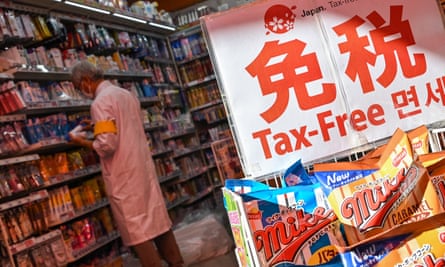
Trump may also eye the five-year agreement, not due to be renegotiated until 2027, that requires Japan to pay $9.2bn for the privilege of stationing 50,000 US troops in Japan, mainly at the strategic base of Okinawa.
Moreover, the persistence of article 9 in Japan’s constitution still constrains Japan’s self-defence forces in how they can fight, notwithstanding Abe’s reinterpretation that allowed Japan to take part in “collective self-defence”.
The long shadow of the devastation caused by the A-bomb dropped on Hiroshima 80 years ago next August still leaves many Japanese deeply averse to militarism overseas. The deployment of US nuclear weapons on Japanese soil remains unlawful.
An early test of the Ishiba-Trump relationship may come in Ukraine. Here the traditional paradigm of warlike US and pacifist Japan may be about to be reversed.
The president of the Japanese Institute for International Relations, Kenichiro Sasae, points out Japan has been one of the staunchest supporters of Ukraine in the G7, applying sanctions early on.
Japanese officials argue if the defining challenge of the 21st century is indeed the threat posed by China, that challenge is not best addressed by abandoning Ukraine since that would only weaken the US’s standing in south-east Asia. The previous prime minister Fumio Kishida stressed the importance of beating back Russian aggression arguing: “Ukraine today may be east Asia tomorrow.”

Japan, as a result, has provided Ukraine with $12bn in aid, as well as sending non-lethal defence gear to Kyiv. In November, the foreign minister, Takeshi Iwaya, made a surprise visit to Ukraine in a show of solidarity and said Russia’s invasion had “shattered the foundations of the international order”.
Satoru Mori, a professor of law at Keio University, said: “The Biden administration was very enthusiastic about Japan’s help for Ukraine because they have this unitary model of China, Russia, North Korea, Iran, coming together to form an axis. But what about the Trump administration? They say they want to prioritise China, and leave Europe to Europe. The message I worry that might come out from a very China-focused Trump administration is that this is no time for Japan to be focused on Ukraine. But we in Japan do not accept any change in the status quo by force, partly because of the read across to the Pacific and Taiwan.”
after newsletter promotion
Prof Yuichi Hosoya, also at Keio University, agreed. “If the Trump solution is for Ukraine to cede territory, the American global leadership role would be seriously undermined in Asia, because that leadership is not just based on shared values, but on its reputation for reliability,” he said. “The repercussions, the damage, would be huge, because if Trump is so willing to abandon allies, then he does not fully understand the impact on Asia’s future.”
Inside the Japanese foreign ministry there is also a concern that such a defeat for the west could be compounded if China succeeded in turning US protectionism into a symbol of an American rejection of multilateral global order. “[President] Xi has been preparing this charm offensive for a year,” said one Japanese foreign ministry official.
The official added: “Xi sees Trump’s return as an opportunity to offer an alternative leadership for the world, and to drive a wedge between the US and Europe.” Moreover, Trump’s indifference to human rights means China can narrow the choices to one between Chinese stability and US instability.
All of this discomforts Japan, one of the great global advocates of free trade.
Much will depend on how heavily Trump imposes tariffs and for what purpose. He has promised to set import tariffs at 60% for Chinese goods, far higher than in his first term, and 10-20% for the rest of the world. Even though Japanese firms have taken steps to disentangle themselves from the strategic Chinese supply chains, Japan would be hit hard – first through the tariffs on its own exports to the US and then the slowdown in China’s trade.
“It is beyond imagination. There is nothing good about it,” said Yasushi Watanabe, a professor at Keio University.
Mori, who also previously worked in the foreign ministry, said: “I’m not quite sure how, but the bureaucracy will attempt to persuade Trump to make bilateral tariff exemptions for particular countries, and Japan has this one strength in terms of economic relations with the US, and that is we can say: ‘We’re the number one investor in your country for five consecutive years, so why don’t you give us a tariff exemption? You can make an example to the rest of the world – if you invest heavily in the United States factories, you can get a tariff exemption.’” An offer to help the ailing US shipbuilding industry might help.

Optimists such as Endo believe Japan need not be near the top of what he describes as Trump’s hierarchy of victims. “In that hierarchy, probably Gaza and Palestine come first, then Ukraine, and certainly Europe and China too,” Endo said.
Like Ishida, Sasae hopes that rather than ushering in a more protectionist world, Trump’s tariff threats will instead prove to be just his opening bid to secure a US-China trade deal, something Trump did agree in 2020. “Trump is a man of transaction and compromise,” Sasae said. “When it comes to Chinese economy, sure there will be some difficult tensions, but then maybe a personal telephone call.”
On Friday, Ishiba told parliament: “Naturally, the US has its own national interest and Japan has its own national interest. That is why I think exchanging opinions frankly and enhancing the national interests of both countries in a synergetic way will help realise a free and open Indo-Pacific.”
The primary task for the security establishment is to assemble a case that does not just ward off the worst damage of a tariff war, but convinces Trump that growing military integration between regional allies, including Japan, is the best way to strengthen his hand against China.
Over the past four years, Japan has been an assiduous alliance builder, creating a lattice work of defence partnerships in myriad formats, including South Korea, the Philippines, India, Australia and even the UK. Japan regards these regional alliances as a collective insurance policy against China. They are designed to anchor the US in the Indo-Pacific.
“I don’t think Trump would break all that up,” Sasae said. “These are coalitions that have been gradually built up, and are clearly in America’s interest.”
Kenneth Weinstein, Japan chair at the Hudson Institute, and previously nominated by Trump to be his envoy in Tokyo, also thinks Trump will recognise the value of Japan and its alliances. “Japan is different from Europe,” he said. “I think that there’s been a fundamental cultural shift in Japan. It has moved from the decades of a pacifist strategic culture to a strategic culture now that recognises the critical importance of the armed forces to Japan and Japan’s own role on its own defence.”
Japanese defence officials point to a trio of major national security papers published in 2022 in which Japan became absolutely explicit that China did not just represent “the greatest challenge to peace and security in Japan, but to the international community”. The largely undeclared build up of Chinese nuclear arms, the decline of US naval dominance, the nuclear ambitions of North Korea, and the Russian invasion of Ukraine are repeatedly cited by Japanese officials.
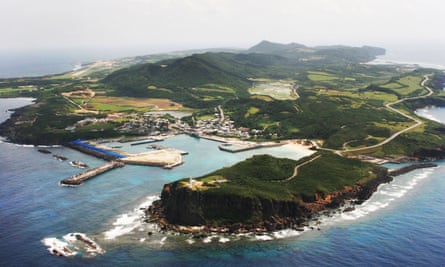
In the single biggest change arising from the three papers, Japan expanded its definition of self-defence to include a counter-strike capability that would enable Japan, if hit by enemy missiles, to retaliate against enemy missile launchers and command-and-control sites to thwart further attacks. Since then it has loosened its arms export controls, ordered US tomahawk missiles and negotiated US Pacific command be switched from Hawaii to a new joint Japan-US operational command based in Japan – part of a move to make US and Japanese forces more interoperable. There is no sign that Ishida wants to break away from the American alliance.
Despite numerous bilateral disputes with Beijing, including over the Japanese-administered Senkaku Islands in the East China Sea, Japan with large investments in China, is far from spoiling for a fight over Taiwan. Like the US, Japan retains ambiguity over how it would respond to a Chinese attempt to reclaim the island by force.
Japanese officials seem confident that Xi, with the Chinese economy stuttering, will want to avoid a confrontation over Taiwan with the US through a blockade, let alone an invasion. They think Xi currently is preoccupied by protecting his political legitimacy and preventing China from falling into the middle-income trap.
For a few more months, as Japan waits to see the true character of Trump’s second term, its diplomats will have to remain in Ishiba’s state of anxiety and tension.

.png) 3 weeks ago
10
3 weeks ago
10
